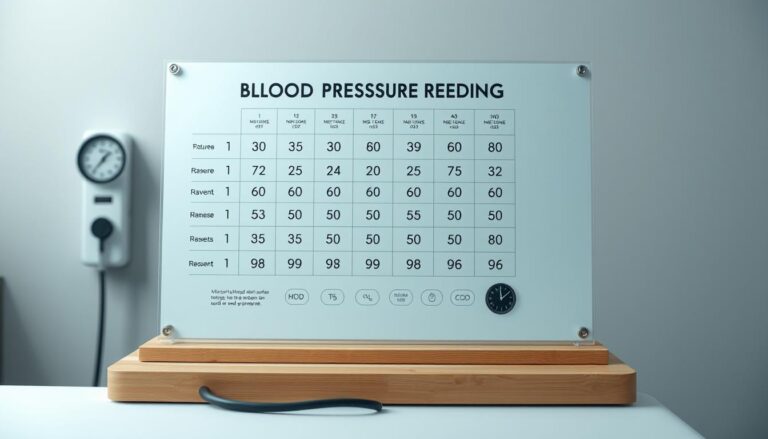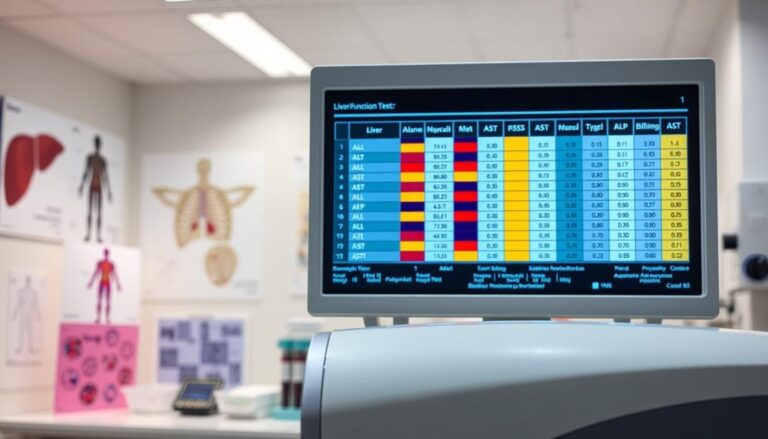Why Mineral Deficiencies in Children Shouldn’t Be Overlooked

As parents, we often focus on ensuring our children eat their vegetables and get enough sleep, but one critical aspect of child health that frequently goes unnoticed is mineral deficiency. These essential nutrients play a vital role in every aspect of a child’s development, from physical growth to cognitive function. Understanding the importance of minerals and recognizing the signs of deficiency can make a significant difference in your child’s overall well-being.
The Hidden Impact of Mineral Deficiencies
Minerals are the building blocks of healthy development in children. They support everything from bone formation and immune function to brain development and energy production. When children don’t receive adequate amounts of essential minerals like iron, zinc, calcium, magnesium, and others, it can lead to a cascade of health issues that may not be immediately apparent.
One of the most common early signs parents notice is poor appetite, and mineral deficiency often goes hand in hand. When children lack essential minerals, their appetite can decrease, creating a vicious cycle where poor eating habits lead to further nutritional deficiencies. This connection is particularly important to recognize because addressing the underlying mineral deficiency can often help restore a child’s natural appetite and eating patterns.
Understanding Vitamin and Mineral Requirements for Kids
The vitamin and mineral requirements for kids vary significantly based on age, activity level, and individual growth patterns. Growing children need higher amounts of certain minerals per pound of body weight compared to adults. For instance, children require adequate iron for cognitive development and energy levels, calcium for strong bones and teeth, and zinc for immune function and wound healing.
Unfortunately, modern diets often fall short of meeting these requirements. Processed foods, picky eating habits, and busy lifestyles can all contribute to nutritional gaps that leave children vulnerable to mineral deficiencies. This is where proper assessment becomes crucial for maintaining optimal health.
The Importance of Proper Testing
Many parents wonder when and how to assess their child’s mineral status. A comprehensive mineral profile test for kids can provide valuable insights into your child’s nutritional status and help identify any deficiencies before they become serious health concerns. These tests examine levels of essential minerals in the blood and can guide targeted nutritional interventions.
The good news is that getting a lab test for mineral deficiency in children has become more convenient than ever. Modern diagnostic laboratory services for children’s health offer comprehensive panels that can assess multiple minerals simultaneously, providing a complete picture of your child’s nutritional status.
Convenient Testing Options for Busy Families
Understanding that taking children to medical facilities can be challenging, many families are now turning to lab tests at home as a practical solution. These services allow parents to collect samples in the comfort of their own homes, reducing stress for both children and parents while ensuring accurate results.
Additionally, affordable lab tests for kids’ health have made nutritional assessment more accessible to families from all economic backgrounds. Regular monitoring doesn’t have to break the budget, and early detection of deficiencies can actually save money in the long run by preventing more serious health issues.
Recognizing the Signs
While testing provides definitive answers, parents should also be aware of common signs that might indicate mineral deficiencies. These can include fatigue, difficulty concentrating, frequent infections, slow wound healing, poor growth patterns, and behavioral changes. However, these symptoms can be subtle and are often attributed to other causes, making professional assessment important.
Children who are picky eaters, follow restrictive diets, have digestive issues, or participate in intensive sports activities may be at higher risk for mineral deficiencies. Additionally, certain medical conditions can affect mineral absorption, making regular monitoring even more important for these children.
The Long-Term Benefits of Proper Mineral Nutrition
Ensuring adequate mineral intake during childhood sets the foundation for lifelong health. Proper mineral nutrition supports optimal brain development, stronger immune systems, better academic performance, and reduced risk of chronic diseases later in life. Children who receive adequate minerals typically have better energy levels, improved mood stability, and enhanced physical performance.
The investment in understanding and addressing your child’s mineral needs pays dividends in their immediate well-being and long-term health outcomes. Early intervention can prevent minor deficiencies from becoming major health concerns and support your child’s ability to reach their full potential.
Taking Action for Your Child’s Health
If you suspect your child might have mineral deficiencies or want to ensure they’re receiving optimal nutrition, consider consulting with healthcare professionals who specialize in pediatric nutrition. A comprehensive assessment can provide the information needed to make informed decisions about your child’s dietary needs and any necessary supplementation.
About Referral Labs: For comprehensive mineral testing and diagnostic services, Referral Labs offers reliable, affordable laboratory testing solutions for children’s health. Their convenient testing options and expert analysis help parents make informed decisions about their child’s nutritional needs.
Contact Details:
- Phone:+91 6363136620
- Website: https://referrallabs.in/
- Email: info@referrallabs.in
Address: No. 39 & 40, Ground Floor, NCBS Road, Canara Bank Layout, Rajiv Gandhi Nagar, Opp. Vivekananda School, Sahakar Nagar Post, Bengaluru, Karnataka – 560092
Frequently Asked Questions (FAQs)
tested for mineral deficiencies at any age, but routine screening is typically recommended starting around age 2-3 years, or earlier if there are specific concerns about growth, appetite, or development. Your pediatrician can help determine the appropriate timing for your child.
For healthy children, annual testing may be sufficient. However, children with known deficiencies, dietary restrictions, chronic health conditions, or poor growth patterns may need more frequent monitoring every 3-6 months until levels normalize.
Yes, when properly collected and processed by certified laboratories, home collection samples provide the same accuracy as traditional lab draws. The key is following the collection instructions carefully and using reputable testing services.
Consult with your child’s healthcare provider to develop an appropriate treatment plan. This may include dietary changes, supplementation, or investigating underlying causes of poor mineral absorption. Never start supplements without professional guidance.
Absolutely. Mineral deficiencies, particularly iron, zinc, and magnesium, can significantly impact cognitive function, attention span, mood regulation, and academic performance. Addressing these deficiencies often leads to improvements in behavior and learning abilities.







